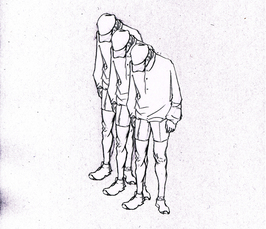Immune Mechanisms of Depression
Munich Psychiatry Lecture Series | MPLS
- Date: Sep 26, 2017
- Time: 03:00 PM - 04:00 PM (Local Time Germany)
- Speaker: Scott Russo
- Icahn School of Medicine at Mount Sinai, NY, NY, USA
- Location: Max Planck Institute of Psychiatry
- Room: Kraepelin Seminarroom
- Host: Alon Chen

We found reduced expression of endothelial cell-specific tight junction protein claudin-5 (cldn5) and abnormal blood vessel morphology in the nucleus accumbens (NAc) of stress-susceptible but not resilient mice. CLDN5 expression was also decreased in postmortem NAc of depressed patients. Cldn5 down-regulation combined with a subthreshold social stress was sufficient to induce depression-like behaviors while chronic antidepressant treatment rescued cldn5 loss and promoted resilience. Reduced BBB integrity in NAc of stress-susceptible or AAV-shRNA-cldn5-injected mice resulted in direct passage of peripheral cytokine interleukin-6 (IL-6) and subsequent expression of depression-like behaviors. These findings suggest that chronic social stress alters BBB integrity through loss of tight junction protein cldn5, promoting peripheral IL-6 passage across the BBB and depression.